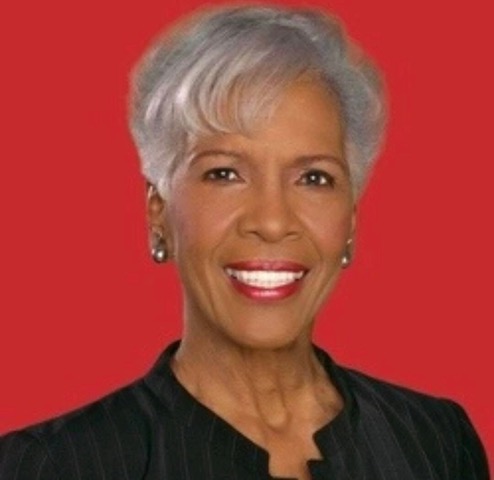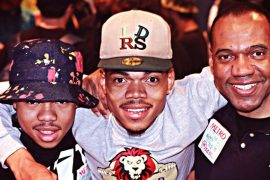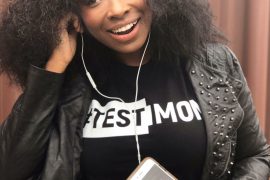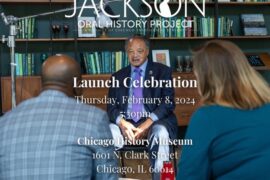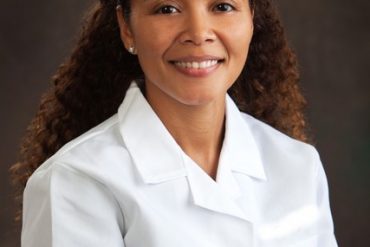As a child, Arnette Rhinehart Hubbard enjoyed reading and playing outside on her grandparents’ farm in Stephens, Arkansas. In high school, Hubbard was interested in law, but she decided to pursue math and chemistry in college. She graduated with a Bachelor of Science degree from Southern Illinois University at Carbondale and decided to go to law school.
Hubbard established her career and her family at the same time. In fact, she gave birth to her son, Gregory Hubbard, the same week she graduated from John Marshall Law School in 1969 and passed the bar exam on her first try. At that time, only 3 percent of American lawyers were women.
Hubbard spent 28 years working as a lawyer before becoming a Circuit Court Judge. She is also an active member of numerous professional organizations. Most notably, Hubbard was the first female president of the National Bar Association, the largest organization of black lawyers and judges. In addition to these responsibilities, Hubbard has been a passionate and outspoken proponent of civil rights, particularly voting rights.
Despite her success at breaking barriers, Hubbard acknowledges that she still experienced sexual harassment and discrimination while pursuing her career. Judge Arnette Hubbard was slapped in the face and spit on for smoking a cigarette in downtown Chicago, outside the Daley Center, on July 14, 2014. David Nicosia, the president of an IT consulting business, reportedly argued with Hubbard for smoking near him. According to prosecutors, he said, “Rosa Parks, move,” as he spits on the 79-year-old judge. Nicosia was charged with four counts of aggravated battery and a hate crime.
Arnette Hubbard was a judge of the Cook County Circuit Court in Illinois. She left office on December 5, 2022.
N’DIGO talked with Judge Arnette Hubbard and discussed her career and what’s next in her career/life.

N’DIGO: How did you become interested in the legal profession?
Judge Arnette Hubbard: My grandfather was a notary and driver for a lawyer in Arkansas, and I remember hearing him say, “It’s a damn shame what they did to Plessy!” Since grown folks didn’t curse in front of children in those days, it piqued my interest. What made my grandfather so upset? So I began researching the case of Plessy v Ferguson.
What made you want to become a lawyer?
The attitude of my grandfather initially lit the fire. The Civil Rights, Brown v Board of Education, and the four other cases leading up to the Brown v Board of Education case added kindling. My work with Operation Breadbasket, now Operation PUSH, various voter registration drives, and working in the Chicago political arena furthered my interest. My motto is, “Law created segregation, and law can dismantle those unjust laws.”
How did your career begin?
As I’ve said, my grandfather lit the fire that started my legal aspirations. Technically, it all began in 1969, when I finished law school, passed the bar, and was sworn in as a lawyer. I started to practice by working in an office with a Black lawyer who gave me space in exchange for clerking for him. I did some work with the Law Committee for Civil Rights as well.
In the early 1970s, at the recommendation of another Black lawyer, I went into private practice with two other attorneys. I admired their love for the law and their knowledge of the law. They had an impressive law library that I spent much time in, researching for trials and appeals they were working on. That foundation served me well when I moved to a solo career in criminal law. In the 20 years of my solo career, I was privileged to be a part of the birth of cable in Chicago. Then-Mayor, Harold Washington, formed the Cable Commission and appointed me as the Chair. We waded through FCC rules to establish cable service in Chicago and were specifically tasked to provide wide public and media access. The radio station WVON was a major player in that development, and I also worked with them occasionally. I served on the Board of Election Commissioners and later became a Judge. During my career, I have always handled adoption cases for free.

What kind of cases do you prefer?
I have always felt that you can’t have a preference unless you decide on a career path – going into corporate law, criminal law, etc. As an attorney, I’ve handled all types of cases, and my focus has always been to create justice and equity, which can be achieved in cases of any kind.
What are your thoughts on the legal system?
Like democracy, it’s a work in progress. However, I’ve seen great efforts by Black attorneys and the Black community, in general, to change the system through the use of “the law.”
As a judge, what type of cases did you hear?
There was no particular type of cases I heard, per se. I handled civil cases, which means non-criminal. Civil cases cover various issues but are often rooted in money or property disputes. They are categorized, as divorce, contract disputes, medical malpractice, etc. I routinely handled cases of $50k and above.
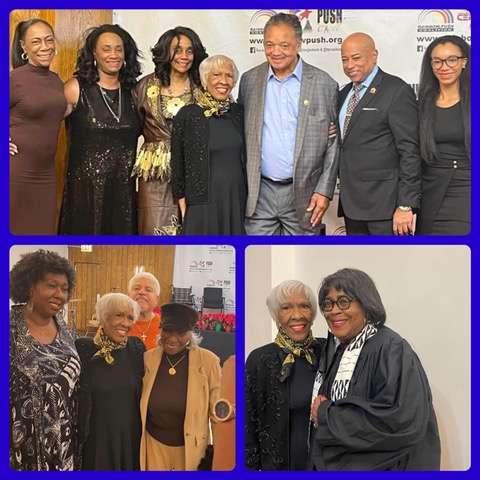
What are the challenges of a judge?
The biggest challenge is remembering why you are there and exactly what your job is. Your job is to mete out justice for everyone down the line. It calls for you to be prepared, always. You are always learning, always a student of law.
Then there’s controlling your temperament, having respect for people, and, most importantly, control of your courtroom. One of my biggest challenges was being treated disrespectfully, albeit very subtly, by a gentleman and ruling in his favor because it was the just thing to do. The bottom line is if you’ve been fair, you can sleep at night.
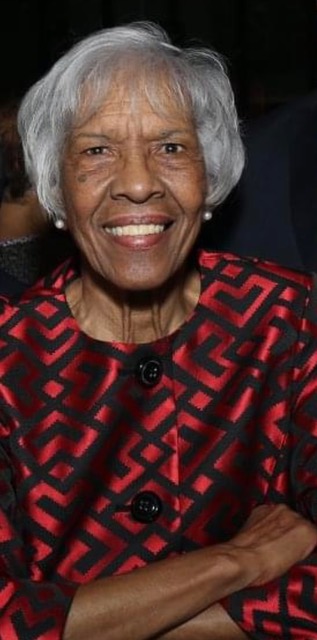
What advice would you give a young aspiring lawyer? What should they do?
I would tell them to remember who brought them here and take to heart the old sayings they’ve heard – “please and thank you, and giving credit-where-credit-is-due” will take you far. Be on time. Set the example you want to see; model the behavior you want others to have. Give yourself a reason to be proud of what you’ve done – when you give justice. Finally, I tell them that there are many lonely, sad, rich people, and money cannot be the only reason you choose this profession.
What might you tell your younger self, starting out as a lawyer?
It would have been pretty much the answers I just gave. Remember who brought you and to bring it forward.
What will you do in retirement?
You’ll see in the next chapter! It’s not retire – it’s re-wire!!


